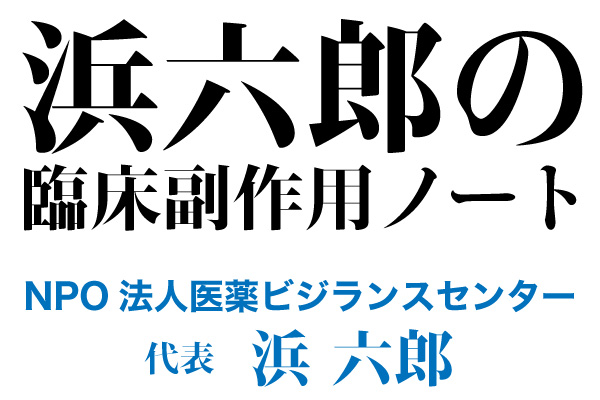The spread of the new coronavirus (SARS-CoV2) infection (COVID-19) has not been halted.
SARS-CoV2 penetrates somatic cells as an angiotensin-converting enzyme-2 (ACE2) receptor in the course of infection, and Check89 (1) and No1852 (preliminary edition) describe how this ACE2 is increased and what antihypertensive agents increase ACE2.
Drugs with immunosuppressive effects generally exacerbate infections, but the following summarizes these drugs, including antihypertensives with immunosuppressive effects.
Enzyme ACE2 Produces Immunosuppressants
Not limited to SARS-CoV2, coronaviruses infect cells with the enzyme ACE2 as a receptor. If excessive stress persists, vasopressors such as catecholamine and angiotensin II (Ang II) can cause ischemia and tissue damage, but angiotensin 1-7 (Ang 1-7), an anti-inflammatory agent that antagonizes damage so that it is not excessive, is also produced.
ACE2 is an enzyme that produces Ang 1-7 from Ang II and is highly expressed in people with chronic disease because it is highly expressed at sites of tissue damage.
People with chronic illnesses such as hypertension, diabetes, and heart disease develop illness as a result of sustained stress to a lesser extent. Therefore, ACE2 is highly expressed in each tissue. The risk of COVID-19 severity was approximately 3-4 times higher than that of stroke, and the risk was 8 times higher than that of COVID-19.
ACE inhibitors and ARBs increase ACE2
Animal and human studies have demonstrated that ACE inhibitors and ARBs are associated with higher levels of ACE2.
The degree of increase is greater with ACE inhibitors than with ARBs. This is presumed to be due to the compensatory overproduction of ACE2 because ACE inhibitors reduce Ang II and hence the production of Ang 1-7 from Ang II. Ang.sub.1-7 is unlikely to be produced in excess than when ACE inhibitors are not used.
ARB, on the other hand, inhibits only the type 1 receptor (AT1R) of angiotensin II and does not inhibit the anti-inflammatory type 2 receptor (AT2R). Ang1-7 is also increased to increase ACE2. Thus, the ARB-induced increase in ACE2 is less severe than that of ACE inhibitors, but overall immunosuppression is excessive.
Calcium antagonists and hidden immunosuppressants
Calcium antagonists inhibit calcium channels required for the activation of lymphocytes and mast cells and suppress immunity. Therefore, it has also been reported to reduce rejection in combination with cyclosporine in transplantation. Immunosuppressive effects are generally not recognized, but, like ARB, they are "hidden immunosuppressants."
In the practice
On this occasion, it is suggested that not only hypertension but also the cause of stress be reviewed once again to determine if there are any medications that can be discontinued.
However, there are some risks associated with sudden interruption, and the details of antihypertensive agents and other than the antipyretics and steroids described in the previous issue are described in Checkup No. 89-1. Please refer to them.



LEAVE A REPLY